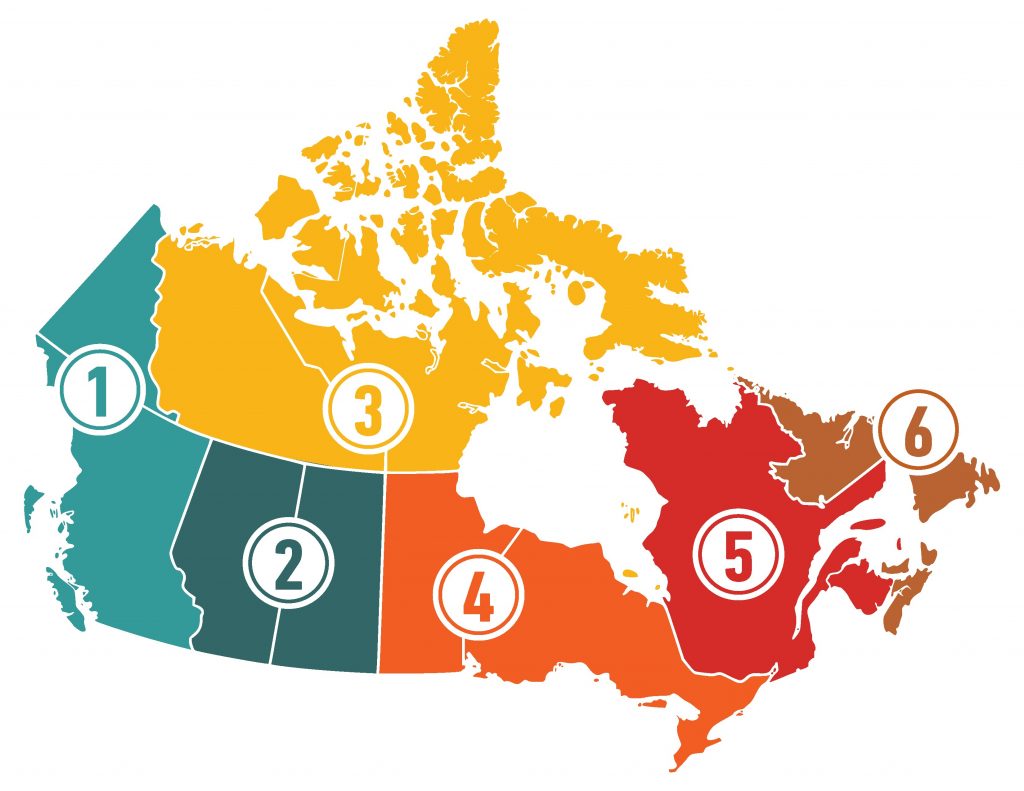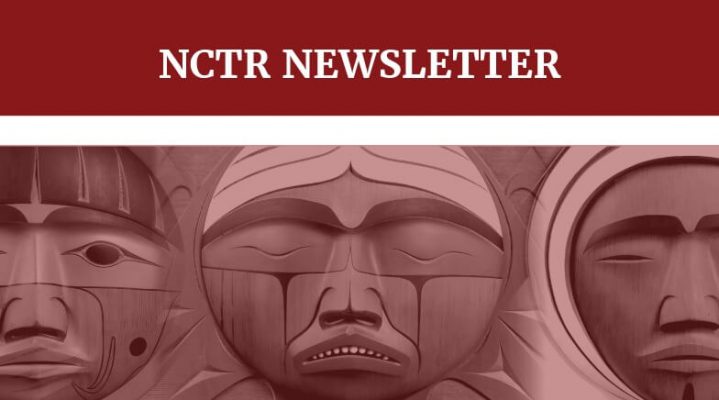Art and Essay Stream Selection Process
Regions:
In order to ensure equal representation across Canada, the country has been divided into six major regions. The regions are as follows:
- West Coast (BC, YK);
- West Central (AB, SK);
- The North (NWT, NU);
- Central (MB, ON);
- Francophone (NB, QC, others (as applicable)); and
- Atlantic Coast (NFL, NS, PEI, NB).

Selection Process:
A selection committee, composed of individuals from across Canada, including funders of the program, will review project submissions and submit their recommendations for recognition. Up to twelve projects from the art and essay stream and up to fifteen projects from the project stream will be selected for honouring.
Selection Criteria:
In selecting projects, representation from the following areas will be taken into consideration: early years, middle years, senior years, gender, and cultural diversity.
A strong preference will be given to projects that were created in consultation with, or as part of an interaction with Indigenous Elders, Knowledge Keepers, Mentors or Residential School Survivors.
The following criteria will be considered as well:
- Does the project reflect the theme of Imagine a Canada and consider our future through a lens of Reconciliation?
- Does the project demonstrate an understanding of Reconciliation and is its message clear and on point?
- Is the project reflective, thoughtful, and creative? Is it free of stereotypes and clichés?
- Does the project make an effort in terms of being bilingual, include an Indigenous language, or Indigenous cultural knowledge (where appropriate)?
- Are answers on the submission form fully developed, spell-checked (if appropriate), and polished?
- Is there accompanying information to explain any symbolism used, or to explain deeper meanings represented in images or words used within the project?
Selected Projects:
Up to twelve projects from the art and essay stream (two from each of the six regions) will be selected for inclusion in an art booklet to showcase their vision of Reconciliation. Additionally, these projects, and the youth involved, will be honoured at a national celebration to take place in Summer 2025. A youth lead from each project will be expected to share a few comments about the project during the national celebration.
NCTR’s spirit name – bezhig miigwan, meaning “one feather”.
Bezhig miigwan calls upon us to see each Survivor coming to the NCTR as a single eagle feather and to show those Survivors the same respect and attention an eagle feather deserves. It also teaches we are all in this together — we are all one, connected, and it is vital to work together to achieve reconciliation.

